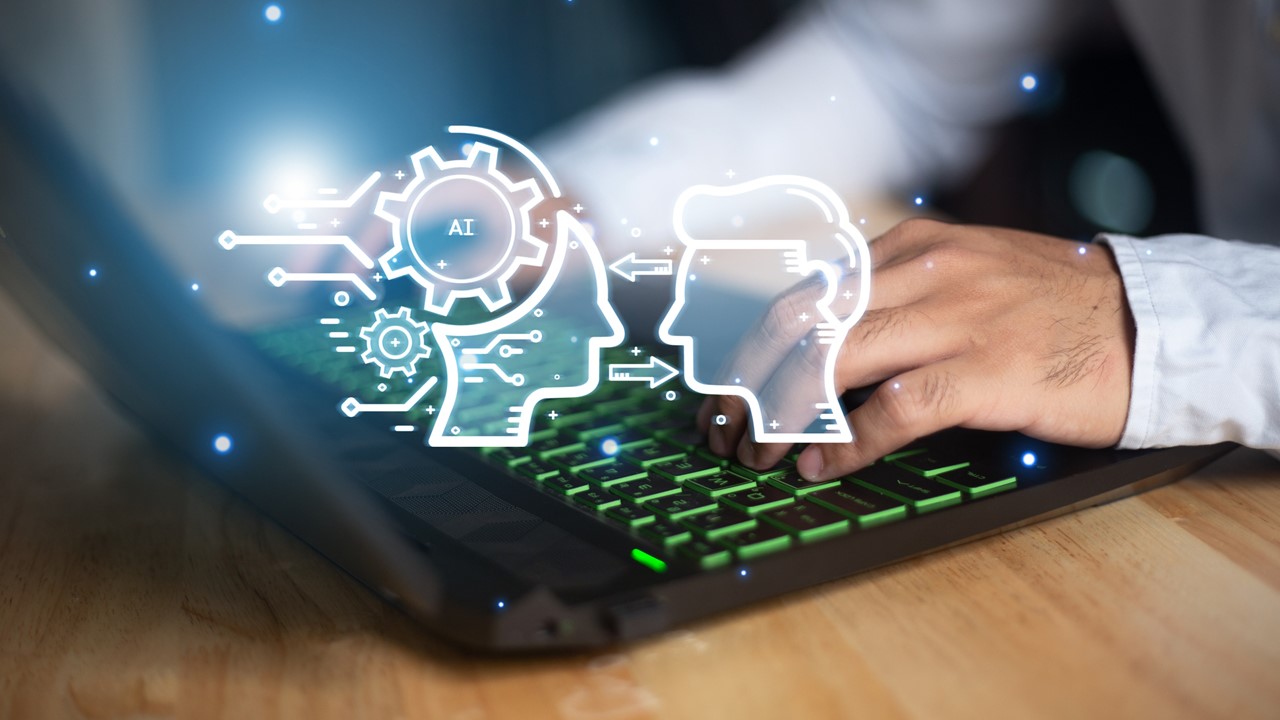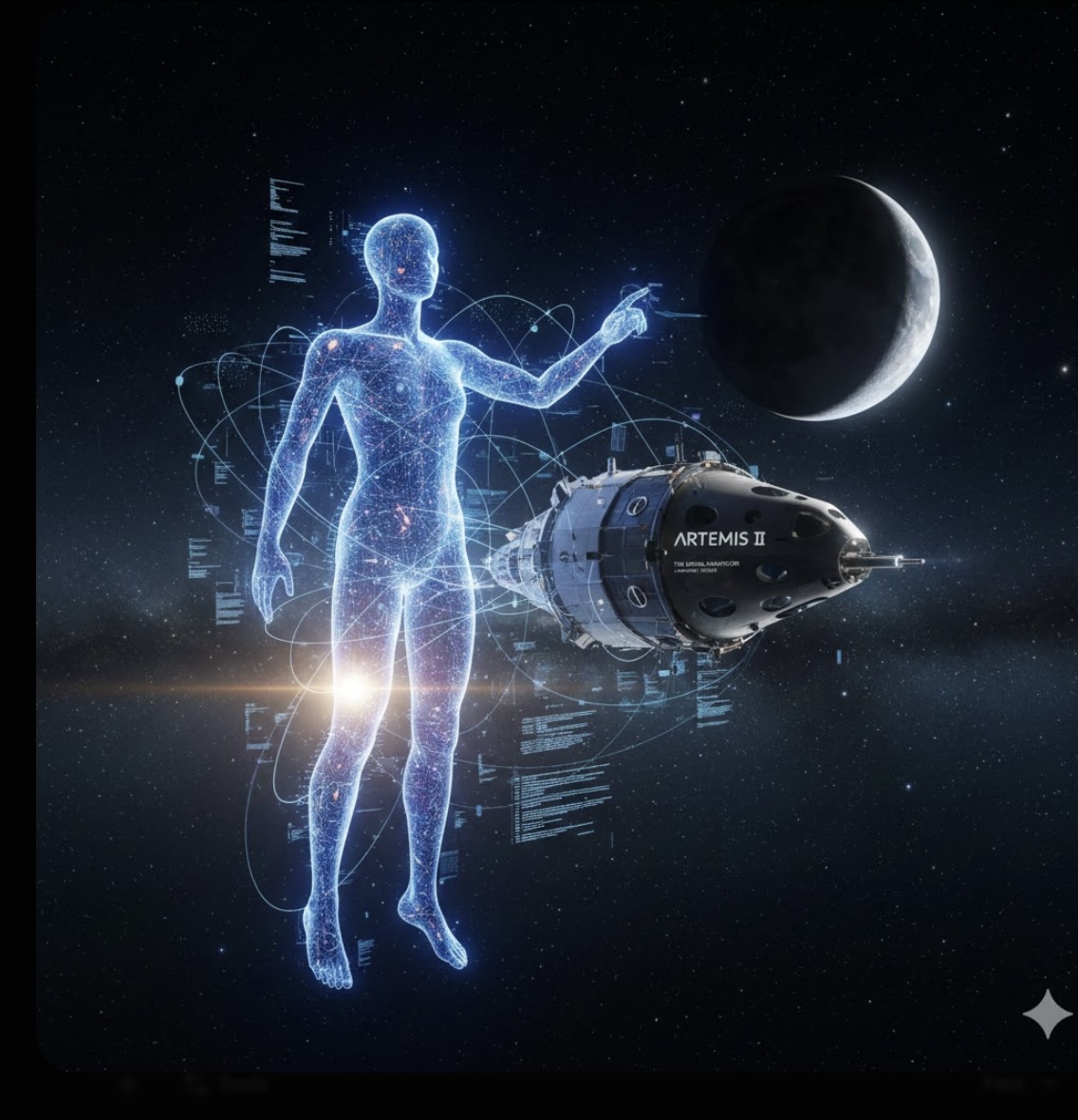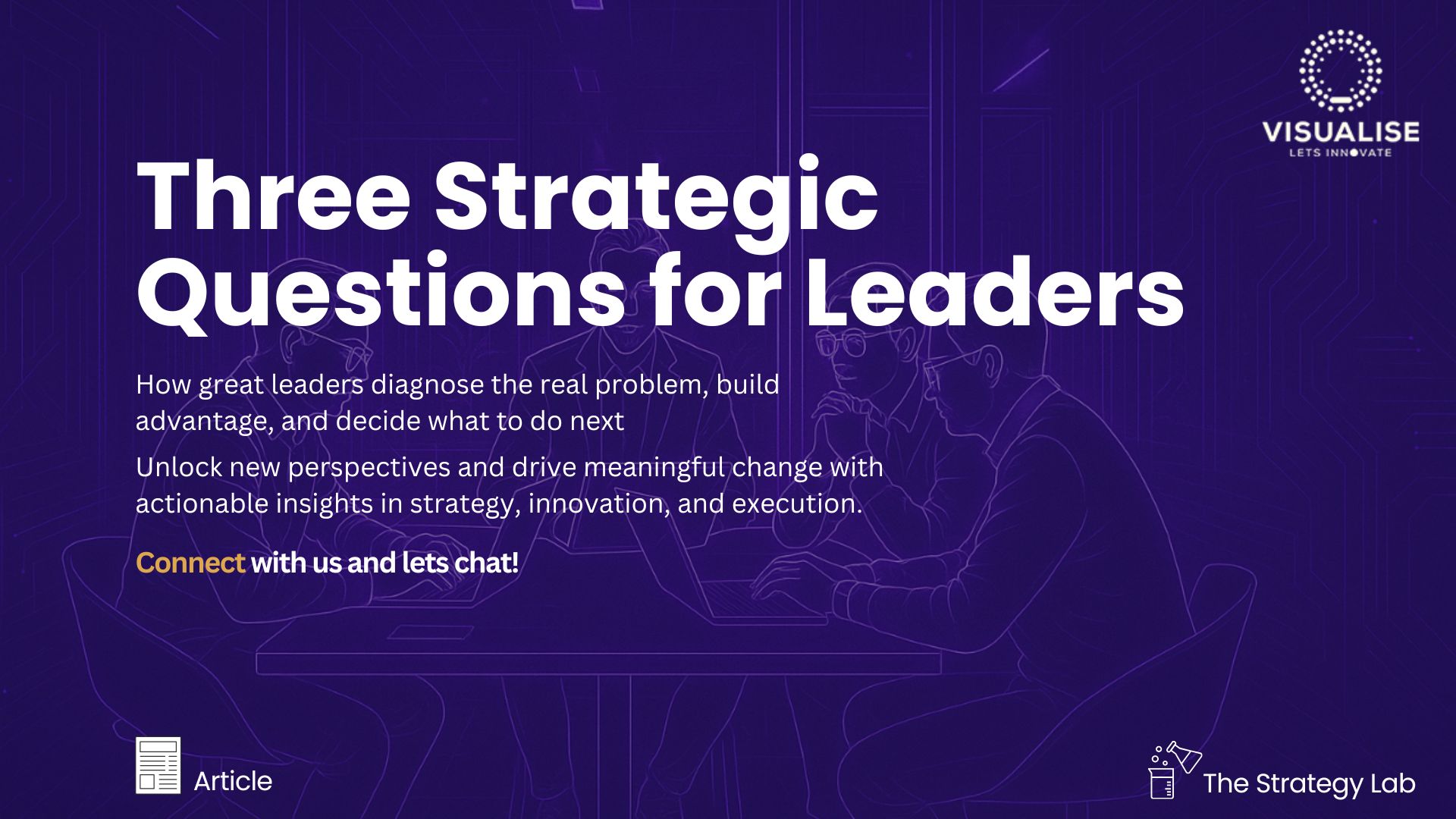Aug15

In today’s fast-paced, technology-driven world, the incredible advancements in artificial intelligence and automation have transformed how we live and work. Amidst this rapid change, many individuals question their role and value in an increasingly digital landscape. However, this technological era allows humans to rediscover and appreciate their uniqueness.
At a glance, computers and robots surpass human capabilities in many areas, from processing speed to data analysis. Yet, the more we delve into the intricate tapestry of human experience, the more evident it becomes that we possess qualities that are irreplaceable by machines. Beyond logic and algorithms, humans are equipped with emotional intelligence, heart intelligence, creativity, adaptability, and moral judgment – traits that form the essence of our shared humanity.
"The human brain has 100 billion neurons, each neuron connected to 10 thousand other neurons. Sitting on your shoulders is the most complicated object in the known universe."
- Michio Kaku
Sadly, many individuals remain unaware of these unique attributes that define them. In a society often focused on productivity, efficiency, and tangible achievements, the subtle nuances that make us profoundly human are sometimes overlooked. By truly understanding and embracing our innate qualities allows us to find our place in an AI-driven world and enrich our lives and connections with others.
"The intuitive mind is a sacred gift, and the rational mind is a faithful servant. We have created a society that honours the servant and has forgotten the gift."
- Albert Einstein
This article explores the differences between humans and computers, emphasising heart intelligence and the brain-heart connection. By delving into the unique attributes of humans and the implications for the future of work, we hope to shed light on the unparalleled value of human contributions in an increasingly digital age.
There’s a growing tendency to measure human worth against artificial intelligence, machine learning and robotics capabilities. However, this perspective fails to capture what it means to be human. Our uniqueness doesn’t lie in the processing speed of our brains or our ability to perform repetitive tasks – it lies in the intangible attributes that define our humanity. How we think, feel, and connect with others makes us truly unique. In an age where machines seem to encroach on every aspect of our lives, embracing our human qualities and understanding why they matter is more important than ever.
The interplay between the brain and heart and the concept of heart intelligence is something that most people don’t even know exists. Still, it is worth considering as it further highlights the inherent differences between humans and computers.
The notion of heart intelligence is quintessentially human, encompassing a comprehensive range of aspects- emotional, intuitive, and physiological. It encapsulates the heart’s intrinsic wisdom, the emotional insight it imparts, and the physiological consequences of heart coherence on overall health and wellness. This concept is a testament to the intricate interplay between the emotional and physiological facets of human existence, a complexity that the current capabilities of artificial intelligence lack.
"The heart is the most powerful generator of electromagnetic energy in the human body, producing the largest rhythmic electromagnetic field of any of the body’s organs. The heart’s electrical field is about 60 times greater in amplitude than the electrical activity generated by the brain."
- Rollin McCraty
In humans, a profound connection exists between the brain and the heart, often overlooked in the discourse of artificial intelligence. This brain-heart interplay is not merely physiological but also emotional and intuitive. The heart is not just a mechanical pump but an organ with a complex nervous system. This “heart-brain” can communicate with the central brain in our heads through neurological, biochemical, biophysical, and energetic channels. These channels operate concurrently, constituting a sophisticated and holistic communication system within the human body.
For example, the heart sends more information to the brain than the brain sends to the heart. This information can modulate perception, emotional processing, and higher cognitive functions. Furthermore, the heart’s electromagnetic field, which is about 60 times greater in amplitude than the electrical activity produced by the brain, can be detected several feet away from the body. This field encompasses every body cell and radiates outward in all directions into the space around us. The heart’s field changes distinctly as we experience different emotions and can be measured using tools such as heart rate variability (HRV) analysis.
Humans possess emotional intelligence, allowing us to understand, experience, and respond to emotions. This capability fosters empathy, compassion, and nuanced social interactions. Computers can simulate emotional responses but lack genuine emotional experiences.
Human creativity involves intuition, imagination, and novel problem-solving. Computers can generate new outputs based on data and patterns but lack the spontaneous creativity and intuitive leaps that define human innovation.
Humans possess consciousness and self-awareness, enabling introspection and reflection on thoughts, emotions, and experiences. This self-awareness plays a role in personal growth and ethical decision-making. Computers, in contrast, lack consciousness and self-awareness.
Humans can integrate diverse information sources, consider context, and draw on personal experiences for a holistic understanding. Computers process information more compartmentalised and data-driven.
Humans can learn and adapt to new situations without predefined rules. Computers rely on algorithms and data, making them less flexible in novel situations.
Humans can weigh multiple perspectives, values, and consequences in ethical decision-making. Computers can follow ethical guidelines but lack a nuanced understanding of conflicting values.
Considering the above, our uniqueness doesn’t lie in the processing speed of our brains or our ability to perform repetitive tasks – it lies in the intangible attributes that define our humanity. How we think, feel, and connect with others makes us truly unique. In an age where machines seem to encroach on every aspect of our lives, embracing our human qualities and understanding why they matter is more important than ever.
Repetitive, rule-based tasks requiring little human judgment or emotional intelligence are prime for automation. Pattern recognition tasks, like image analysis and fraud detection, may also be automated.
Jobs Where Human Skills Are Crucial
Jobs involving emotional intelligence, creativity, complex problem-solving, and ethical decision-making are less replaceable. These include healthcare, social work, education, art, and leadership roles.
Humans should focus on skills that differentiate us from computers:
As AI transforms the workplace, humans should focus on the unique qualities that set us apart from computers. By embracing heart intelligence, emotional intelligence, creativity, adaptability, and ethical judgment, humans can thrive in an AI-driven world, leveraging technology to enhance, not replace, their inherent abilities.
As artificial intelligence (AI) continues to advance and become a more significant part of our lives, the future promises a coexistence of human intelligence and AI systems. The possibilities of this synergy are vast, with the potential for mutual enhancement and complementary strengths that can benefit various sectors of society. The coexistence of human intelligence and AI is poised to shape how we live, work, and interact in the future.
The coexistence will primarily be in the following areas:
AI systems, powered by machine learning and extensive data analysis, excel at finding patterns, making predictions, and quickly processing vast amounts of information. On the other hand, humans bring emotional intelligence, intuition, ethics, and a holistic understanding of complex situations. Together, AI and humans can collaborate on decision-making, providing data-driven insights and ethical considerations that result in more informed and balanced decisions.
AI has shown promise in augmenting human creativity. AI-powered tools can assist artists, designers, and other creatives by offering suggestions, automating repetitive tasks, and creating new art forms. These tools free up time and energy for humans to focus on higher-level creative processes, pushing the boundaries of what’s possible and exploring new artistic expressions.
AI-driven systems can personalise learning experiences, tailoring educational content and resources to suit individual needs and preferences. AI can help identify gaps in knowledge, suggest relevant learning materials, and adapt the pace of instruction. By working with AI, educators can provide more effective and personalised student support, fostering lifelong learning and personal growth.
AI has the potential to revolutionise healthcare, assisting medical professionals in diagnosis, treatment planning, and monitoring. AI can analyse medical data, such as images and lab results, to detect early signs of disease or predict patient outcomes. Human healthcare professionals can leverage these insights to make more informed decisions, provide timely interventions, and offer personalised treatment plans.
While AI offers numerous benefits, its coexistence with human intelligence raises ethical and moral questions. As AI systems become, more sophisticated, privacy, data security, and decision-making autonomy concerns emerge. Establishing guidelines and regulations that ensure the responsible and ethical use of AI while preserving human agency and control is essential.
In the dawn of this AI age, humans must not lose sight of their unique traits and abilities that set them apart from machines. It is the profound connection between our hearts and brains, the dynamism of our emotional intelligence, and the flexibility of human intuition which AI cannot replicate.
“Artificial Intelligence, no matter how intelligent or advanced, will never possess human heart intelligence, a unique blend of emotional and intellectual capacities. This is the cornerstone of our distinction from machines.”
Humans are not just logical beings but also emotional ones. We feel, empathise, love, and connect deeply, emotionally. We make choices not just based on logic and rationality but also our feelings and emotions. This ability to connect our hearts and minds and make decisions based on both logic and emotion is what we refer to as heart intelligence. This is an area where AI cannot compete.
| Human Intelligence | Artificial Intelligence |
| Heart Intelligence | Cannot replicate the emotional experience |
| Emotionally driven decision-making | Rational and data-driven decision-making |
| Adaptable and flexible learning | Specific and structured learning |
As we continue to explore the potential of AI, we must remember what makes us inherently human. Our values, emotions, and heart intelligence distinguish us from AI. Understanding and leveraging our unique abilities can create a harmonious future where AI and humans coexist, enhancing each other’s capabilities and enriching our collective experiences.
By Gert Botha
Keywords: AI, Digital Disruption, Future of Work
 Breaking Through Airline Compensation Denials
Breaking Through Airline Compensation Denials All Rowing, No Direction: Why team harmony can undermine performance
All Rowing, No Direction: Why team harmony can undermine performance The Digital Navigator: The Role of Artificial Intelligence in Artemis II
The Digital Navigator: The Role of Artificial Intelligence in Artemis II Why HR Can’t Do Succession Planning
Why HR Can’t Do Succession Planning Three Strategic Questions for Leaders
Three Strategic Questions for Leaders